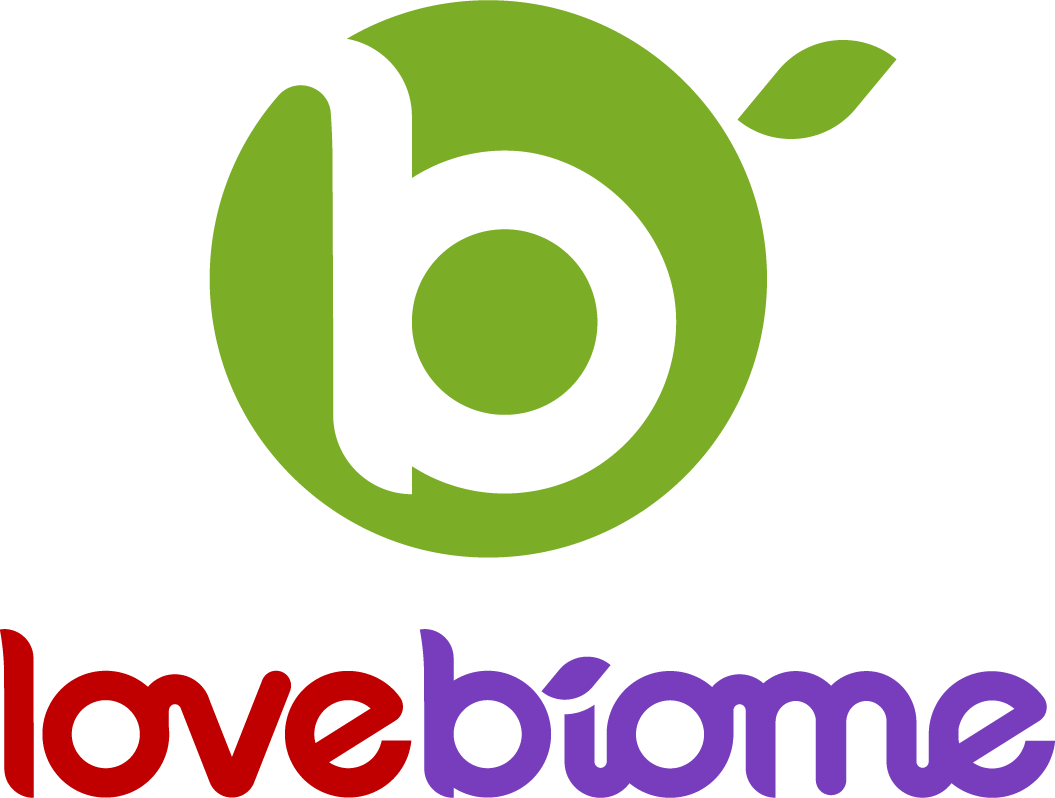Embracing Microbiomes
By: Zach Aanderud Ph.D.
This article details our interactions with microbiomes over time. Encourages embracing microbiome health benefits. Highlights LoveBiome as a leader in microbiome care.
Over a century ago we began to unlock the secrets of microbiomes, but only now are we embracing microbiomes as the center of health and fully benefitting from prebiotics, probiotics, and postbiotics.
In the early 19th century, Elie Metchnikoff (1845-1916), a Nobel Prize Laurette, started to think of the microscopic single-celled bacteria that inhabit our body differently from the scientific consensus of the day. The predominant scientific thought was that bacteria were the cause of all types of diseases, plagues, and pestilences and needed to be eradicated from the human body. Scientists studying the human body agreed that the bacteria living in our gut produced toxic substances that damaged the nervous and vascular systems and ultimately led to our aging.

Metchnikoff hypothesized differently based on two observations surrounding the fermentation of foods employed by many to increase the shelf-life of goods and enhance flavor. His first observation was that Bulgarian peasants consumed an exceptionally large amount of fermented milk products and seemed to live longer than other people living much more comfortable and privileged lifestyles. His second observation was that fermented milk products consumed by the Bulgarians housed tons of lactic acid-producing bacteria that must prevent the growth of disease-causing bacteria.
Metchnikoff concluded that “as lactic fermentation serves so well to arrest putrefaction [otherwise known as spoiling] in general, why should it not be used for the same purpose within the digestive tube?” ultimately postponing old age. Metchnikoff drank fermented milk for the rest of his life and attributed what he called “Bulgarian bacillus” bacteria to his long healthy life. He passed away at the age of seventy-one and created a surge in fermented milk popularity throughout Western Europe for decades.
Metchnikoff was the first to harness the power of the microbiome, the micro-organisms that live with us and on us, by promoting the consumption of probiotics, in the form of the beneficial Bulgarian bacillus bacteria, that improved human health.
However, even after Metchnikoff’s discovery, the health benefits associated with our microbiomes continued to be overshadowed by our obsession with the harm caused by pathogenic bacteria. For example, we attempted to rapidly eradicate pathogenic bacteria from our bodies using broad-spectrum antibiotics. Unfortunately, most antibiotics target all bacteria in your body killing pathogens but also killing the beneficial symbiotic bacteria within your microbiomes that you have potentially cultivated for years.
Antibiotic usage continues to skyrocket with consumption rates increasing by more than 75% in low- and middle-income countries and almost 50% globally in the last two decades (Browne et al. 2021). Antibiotics have several negative effects on the gut microbiome, including reducing overall species diversity, compromising metabolic activity, causing antibiotic-associated diarrhea and recurrent Clostridioides difficile infections, and opening physical space for harmful bacteria to invade and exclude beneficial bacteria from recolonizing the large intestine (Ramirez et al 2020). Further, we have attempted to cleanse our entire bodies of bacteria through our obsession with anti-microbial hygiene leading to what researchers call “microbial deprivation” where the sterile, urban, microbial-poor environment that we have created may enhance our risk of cancer by exacerbating tumor inflammation and diminishing cell integrity and repair (Hertzen and Haahtela 2011); and influence allergic disease development leading to a deviance from normal referred to, nonspecifically, as “dysbiosis” due to compositional shifts in our microbiome species—either on skin, gastrointestinal tract, and/or airways (Kloepfer et al 2022).”

In addition to antibiotics and anti-bacterial hygiene, we have adopted several modern practices that diminish the health benefits of our microbiomes. We unnecessarily circumvent the first “baptism” or introduction of maternal microbiomes to babies with the global rise in Cesarean sections. According to the World Health Organization, C-section use continues to rise globally, now accounting for more than 1 in 5 (21%) of all childbirths with the number expected to continue to rise. Although C-sections are absolutely critical to saving lives in certain situations, many C-sections are unnecessary and enhance the probability of harm to the mother and child (Betran et al. 2021). The maternal vaginal microbiome provides newborns with a greater variety of colonizing bacteria responsible for boosting and preparing the immune system causing vaginal birth to be the ideal birth route (Coelho et al 2021).
Additionally, with the proliferated Western-style diets rich in fats, ultra-processed pre-packaged foods, refined grains, red meats, and simple sugars, we have decreased the diversity of beneficial bacteria and promoted pathogens in our gut microbiome. It just might be that the health risks of diet-induced adiposity or too much fatty tissue would be better addressed by modulating the structure and function of our gut microbiomes (Martinez et al. 2017).
Today some are experiencing a microbiome awakening of sorts and halting the constant barrage against the microorganisms that live within us and on us. The health benefits associated with microbiomes are undeniable, and information is quickly broadening. Every month, scientists build on Metchnikoff’s initial discoveries as microbiome research explodes with new and novel peer-reviewed scientific articles. For example, of 31,461 scientific articles focusing on human microbiomes published between 1945 and 2023, 96% were published in the last ten years and a staggering 23% were published in the last year alone (Web of Science search).
We understand that digesting all the science is daunting; however, science continues to illuminate the essential interconnectedness between us and our microbiomes. We encourage everyone to join the revolution and embrace your microbiomes as your center of health.

About the Author
Zach Aanderud holds a Ph.D. and is a professor of microbial ecology and biogeochemistry at Brigham Young University. He was born and raised in Portland, Oregon, and was educated at BYU, the University of California Davis, and Michigan State University.






